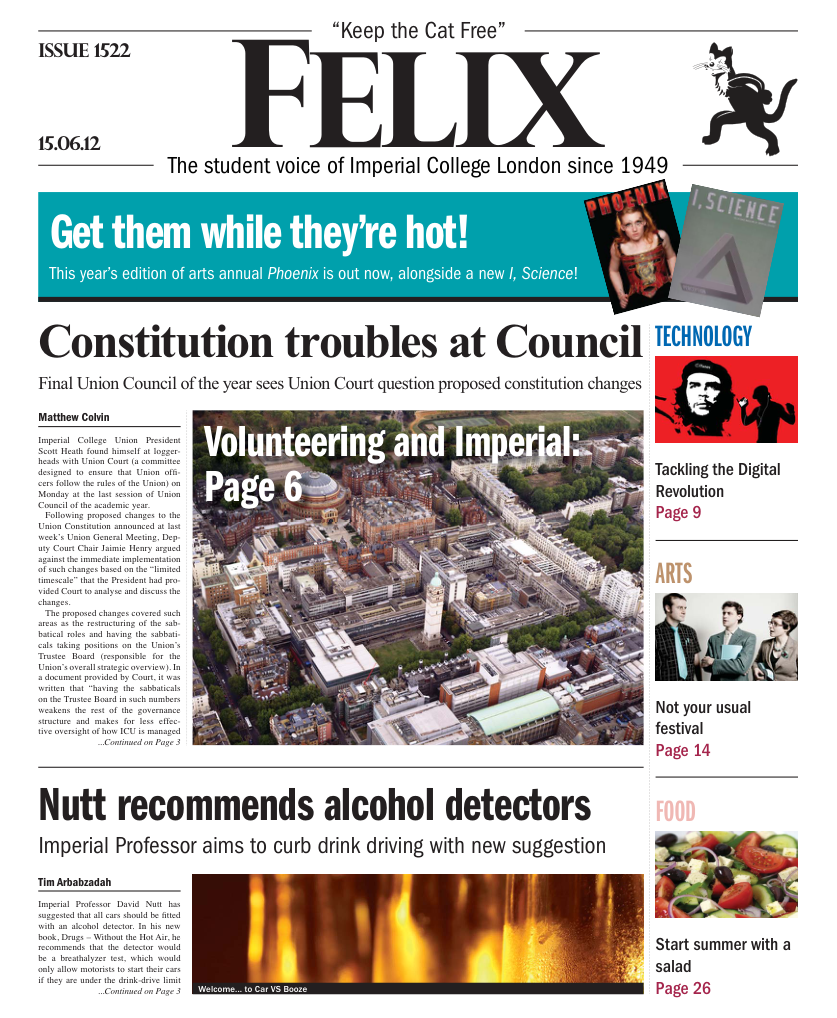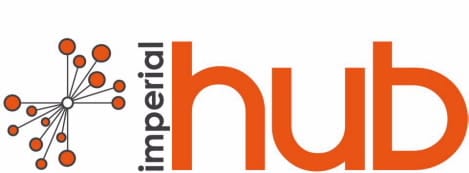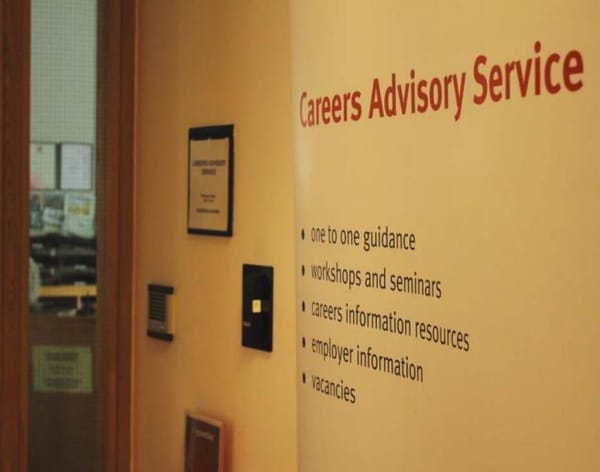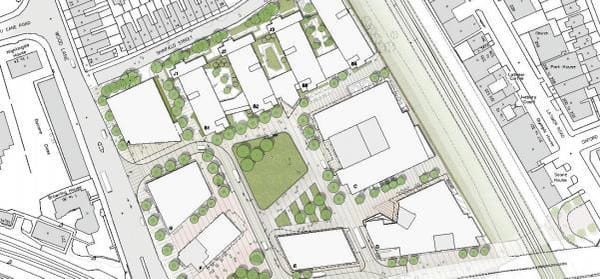Constitution troubles at Council
Final Union Council of the year sees Union Court question proposed constitution changes
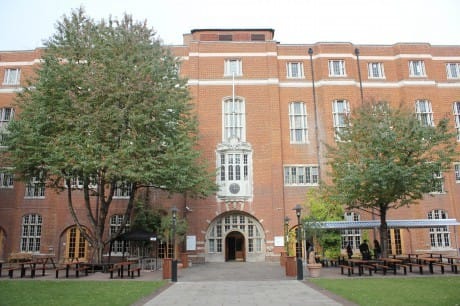
Imperial College Union President Scott Heath found himself at loggerheads with Union Court (a committee designed to ensure that Union officers follow the rules of the Union) on Monday at the last session of Union Council of the academic year.
Following proposed changes to the Union Constitution announced at last week’s Union General Meeting, Deputy Court Chair Jaimie Henry argued against the immediate implementation of such changes based on the “limited timescale” that the President had provided Court to analyse and discuss the changes.
The proposed changes covered such areas as the restructuring of the sabbatical roles and having the sabbaticals taking positions on the Union’s Trustee Board (responsible for the Union’s overall strategic overview). In a document provided by Court, it was written that “having the sabbaticals on the Trustee Board in such numbers weakens the rest of the governance structure and makes for less effective oversight of how ICU is managed and on what basis resources are prioritized”.
Concerns were raised over the overall quality of the draft, with Jaimie Henry stating that the changes represented “massive substantial reforms that need a lot of scrutiny.”
Responding to Felix regarding this, Scott said: “One thing I would personally like to highlight is that many of the comments harked back to an age when Student Unions were very different and many of the Court’s ‘points of fact’ were not so. A good example of this is criticism that the title “Activities” is not common for the officer that assists clubs and societies. It is actually a common title used in the UK.
“As well as this, criticism of Sabbaticals being on the Trustee Board is weak, especially considering that every counterpart Union in the Russell Group has Sabbaticals on theirs with Cardiff and Sheffield having eight officer trustees, Southampton and Warwick having seven and Bristol, Leeds, Newcastle, Oxford and UCL having six. Furthermore, of these Unions, eight do not have student trustees either as elected or nominated."
As the session of Council did not have enough members present to reach quorum, resolutions could not be passed into action at the meeting. Discussions duly moved to email resolutions in order to provide necessary changes ahead of the next academic year.
This session of Union Council also marked the ratification of this year’s Union Awards. As the session was not quorate, the ratification had to be conducted by an email version of a secret ballot. This year, 129 individuals were nominated for Union Awards, with 87 being deigned by the Colours Committee to be worthy of receiving an award.
The majority of the student-based Colours Committee also received awards, though the members in questions left the room during the consultation process and also “abstained from voting when they felt a conflict of interest against a nominee,” according to a note from the President.
In other Union-related news, the results of the Union’s Bursary Review have been analysed, with several recommendations being made to College.
This marked the second time that the survey had been run. Among the results on offer, it was declared that this academic year there has been a 100% uptake of bursaries.
Among the recommendations that the Union is making to College, it is recommended that support is raised by moving more funding away from fee waivers to cash and cash equivalents. It has also been suggested as a result from conversing with students that marketing material is provided at a more convenient time in application cycle for students.
Regarding the bursary recommendations, Scott commented: “I am remarkably proud to be part of a University that listens to the recommendations of the students that rely on bursaries when designing the future support. The College has been very welcoming of the participation of the Union, listening to everything we have had to say. This is something which many of my counterparts cannot claim and a true sign of where we can work constructively. I would also like to thank all survey participants as their involvement was essential to formulating a credible report.”


